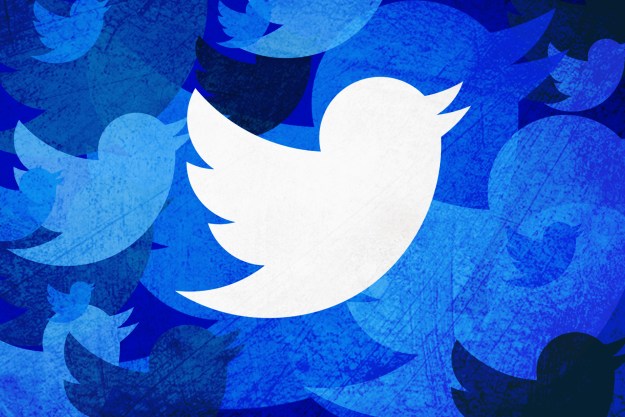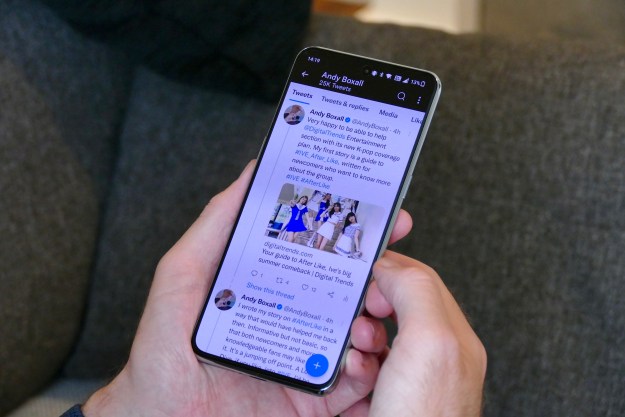UPDATE: After more than an hour of Musk taking questions and with around three million people listening live, the interview came to a close at 10:10 p.m. PT.
Twitter CEO Elon Musk agreed to an interview with the BBC on Tuesday night. It took place at Twitter’s headquarters in San Francisco with BBC journalist James Clayton and was streamed live on Twitter Spaces, the platform’s audio chatroom feature.
The interview covered a lot of areas, from Musk’s controversial acquisition of the platform in October 2022 to the mass layoffs of staff to how the company handles misinformation.
Asked how it’s been going since he took over the company, Musk said: “It’s not been boring, it’s been quite a rollercoaster,” though he said later that “it’s been quite painful” and that “many mistakes have been made along the way.” But he added that he believed “Twitter is heading to a good place.”
Musk sounded pretty relaxed during the hour-long chat, though tensions rose at one point when Clayton suggested that hate speech on the platform has increased since Musk acquired the company, reportedly a result of previously banned accounts being allowed to tweet again. The CEO asked the reporter to give him an example of hate speech that he’d seen on Twitter, with an upset Musk criticizing Clayton when he failed to come up with one. The reporter said he couldn’t recall any examples as most of it appeared on the algorithmically generated For You feed, which he said he last used some six weeks ago.
The reported rise in hate speech following Musk’s takeover of the company had led some advertisers to abandon the platform, but Musk claimed that most have now returned. Twitter’s CEO said the company isn’t in profit at the current time but claimed it’s pretty much breaking even. He suggested it could be “cashflow positive” this quarter if things continue to go well.
On the matter of the New York Times losing its blue checkmark recently when it refused to pay for it in line with the new rules, Musk responded: “It’s a small amount of money, so I don’t know what their problem is.”
The subject of another social media platform, TikTok, also came up. When asked if it should be banned for being a national security risk, Musk said he’s generally against banning things, though admitted a ban would probably be good for Twitter as former TikTok users might then spend more time on his platform.
Toward the end of the interview, Musk admitted that he has an odd relationship with news outlets that report his every move and sometimes in an unfavorable light, but said it was “part and parcel of having a free media.”
Editors' Recommendations
- Elon Musk setting up generative-AI project at Twitter, report claims
- Elon Musk reportedly tweaked algorithm to boost his tweets
- Twitter could sell usernames via online auctions
- Elon Musk confirms he will step down as Twitter CEO
- Twitter bans, then unbans account tracking Elon Musk’s jet


